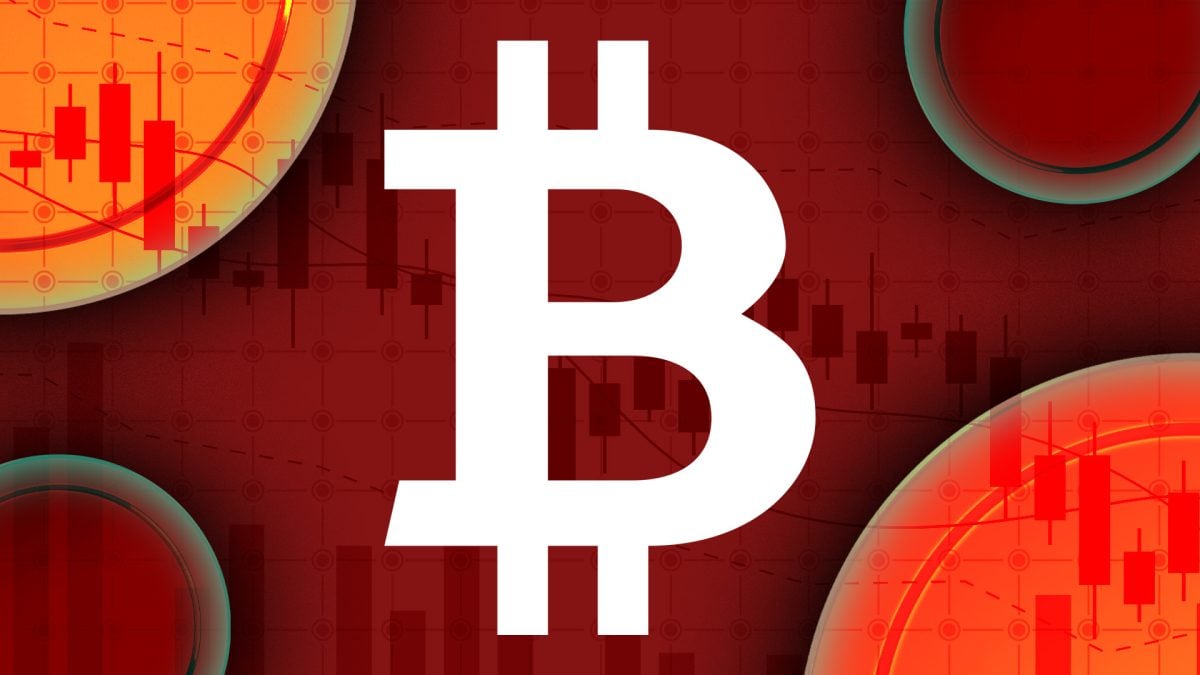
Bitcoin Cash (BCH) USD Price
Bitcoin Cash Price Data
Bitcoin Cash (BCH) currently has a price of $449.27 and is down -6.39% over the last 24 hours. The cryptocurrency is ranked 17 with a market cap of $8.8B. Over the last 24 hours, it saw $323.3M of trading volume. The token has a circulating supply of 19.7M tokens out of a total supply of 21M tokens.
Bitcoin Cash (BCH) is a decentralized digital currency that operates on a peer-to-peer network, serving as a medium of exchange and store of value without the need for a central authority. It is a fork of the original Bitcoin, with a different approach to scalability and faster transaction times.
Unique Features of Bitcoin Cash:
Increased block size
Bitcoin Cash sets itself apart from Bitcoin by having a larger block size. While Bitcoin is limited to 1 MB, Bitcoin Cash can handle blocks up to 32 MB in size. This allows for a higher number of transactions to be processed in each block, enhancing the scalability and capacity of Bitcoin Cash. With its larger block size, Bitcoin Cash aims to address the issue of limited transaction throughput in Bitcoin. The smaller block size of Bitcoin often leads to congestion during peak times, resulting in higher transaction fees and longer confirmation times. By increasing the block size, Bitcoin Cash reduces the likelihood of congestion and provides a more efficient transaction confirmation process. The increased block size of Bitcoin Cash not only improves transaction processing but also enables the development of more advanced applications. With more space available within each block, developers can create and deploy sophisticated smart contracts, decentralized applications (DApps), and other innovative solutions on the Bitcoin Cash network. On the flip side, it could lead to a much larger block size, which would be more cumbersome to node operators (if the blockchain was used to its maximum potential).
Faster transaction times
Bitcoin Cash (BCH) is known for its faster transaction times, which are achieved through larger block sizes. This allows for more transactions to be processed simultaneously. The increased block size of Bitcoin Cash also addresses scalability issues. As the demand for cryptocurrencies grows, the ability to process transactions quickly becomes crucial. With its larger block sizes, Bitcoin Cash is better equipped to handle an increasing number of transactions, ensuring efficiency and reliability in the network. Overall, Bitcoin Cash's faster transaction times enhance its usability as a medium of exchange. Although this could lead to a much bigger state bloat.
Lower transaction fees
Transaction fees on the Bitcoin Cash network are typically lower than those on the Bitcoin network. Lower transaction fees offer several benefits. Firstly, it makes conducting transactions more affordable for users, especially for microtransactions. This affordability makes Bitcoin Cash an attractive option for merchants as well, as they can save on transaction costs when accepting payments in BCH. Moreover, lower fees also help improve the scalability of the network, ensuring it can handle a higher volume of transactions without congestion. The focus on lower transaction fees aligns with Bitcoin Cash's vision of being a peer-to-peer electronic cash system. By reducing transaction costs, Bitcoin Cash aims to empower individuals and businesses to transact with each other without intermediaries or high fees.
When was Bitcoin Cash created or founded?
Bitcoin Cash was created on August 1, 2017. It was a result of a hard fork from the original Bitcoin blockchain. This means that a group of developers and miners decided to split from the Bitcoin network and create a separate cryptocurrency with larger block sizes and different rules.
Who are the founders of Bitcoin Cash?
Bitcoin Cash (BCH) was founded by a group of influential figures in the cryptocurrency community, each playing a significant role in its creation and development. One of the most prominent bckers is Roger Ver, also known as "Bitcoin Jesus." Ver, an early investor in Bitcoin, has been a vocal advocate for its global adoption and use as a currency. Recognizing the scalability issues faced by Bitcoin, Ver played a crucial role in the promotion of Bitcoin Cash as a solution. Another key figure in the backing of Bitcoin Cash is Jihan Wu, the co-founder of Bitmain, a leading manufacturer of cryptocurrency mining equipment. Wu has been a strong supporter of Bitcoin Cash, contributing substantial resources to its development and promotion. His involvement has been instrumental in shaping the growth and success of Bitcoin Cash.
It is worth noting that the founders of Bitcoin Cash were involved in a contentious debate within the Bitcoin community regarding the scalability of the original Bitcoin network. This debate eventually led to a hard fork, resulting in the creation of Bitcoin Cash. The founders firmly believed that increasing the block size limit would enable faster and more cost-effective transactions, making Bitcoin Cash a practical digital currency for everyday use.
Disclaimer: The “About” content was generated with the use of AI. For feedback and sponsorship enquiries, email [email protected].
© 2023 The Block. All Rights Reserved. This article is provided for informational purposes only. It is not offered or intended to be used as legal, tax, investment, financial, or other advice.
















